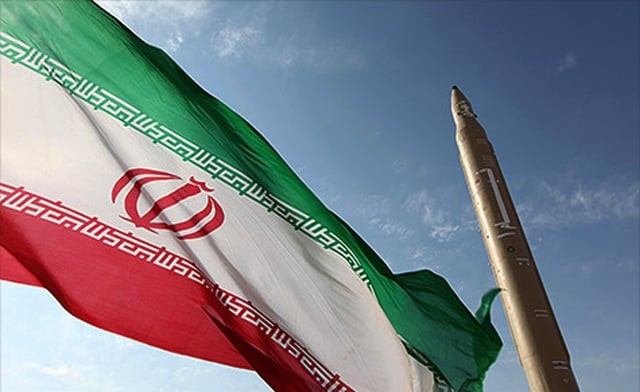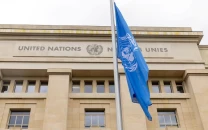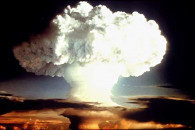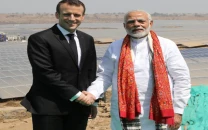Iranian defiance at IAEA sparks Western 'pessimism'
Iran has warned that it would withdraw from the Non-proliferation treaty if it is attacked.

Speaking at a tense UN atomic agency meeting, Iran's envoy said that no "smoking gun" indicating a covert weapons drive had ever been found and that the West wanted to hijack the agency for their own ends.
Presenting a list of "50 questions and answers," Ali Asghar Soltanieh said that "no doubt is left that the (International Atomic Energy Agency) file has to be closed immediately."
He told the closed-door IAEA meeting in Vienna that the six resolutions on Iran passed by the UN Security Council were "illegal" and that Tehran would "never suspend" its programme, according to the text of his remarks.
The speech followed the release of an IAEA report this month showing that Iran is continuing to defy UN Security Coucil by expanding its capacity to enrich uranium, which can be used in peaceful purposes but potentially also in a nuclear bomb.
One Western diplomat called the comments "absolutely ridiculous" and said that it made him "very pessimistic" about renewed diplomatic efforts to resolve the long-running crisis.
Soltanieh "did not address any of the issues that have been expressed in the board. It is very clear that the Iranians are not serious," the diplomat said.
Soltanieh also repeated long-standing Iranian threats that if Israel bombs its facilities, Tehran "may" withdraw from the nuclear Non-Proliferation Treaty (NPT), which aims to stop the spread of atomic weapons.
Israel, widely believed to have nuclear weapons - it has not signed the NPT, like India and Pakistan, while North Korea withdrew - has refused to rule out military action to prevent its arch-rival also getting the bomb.
Israel's envoy to the IAEA, Ehud Azoulay, said he was not surprised by Soltanieh's comments about the NPT.
"I think they are going to do it anyhow in the near future, so I am not surprised," Azoulay told reporters. "When they make their first nuclear explosion they will have to withdraw (from the NPT)."
The IAEA is due to hold talks in Tehran on December 13 aimed at addressing what the agency calls "overall, credible" evidence that until 2003, and possibly since, Iran conducted activities "relevant to the development of a nuclear explosive device."
Several rounds of talks this year were fruitless however and Washington's envoy to the IAEA, Robert Wood, said Thursday that the United States would push for the agency's board to take the rare step of referring Iran to the UN Security Council if Tehran displays no "substantive cooperation" by its next board meeting in March.
On a parallel diplomatic track, the P5+1 powers - the United States, China, Russia, Britain, France and Germany - said after a meeting in Brussels last week that they want talks with Iran "as soon as possible". This may happen as early as December.
But it is far from clear whether the P5+1 will want to sweeten an offer, made in talks in May and June, which for Tehran stopped short of offering sufficient relief from sanctions that have started to cause major economic problems this year.
Signals coming out of Iran meanwhile indicate that Tehran is not any readier to meet P5+1 and Security Council demands to suspend its most sensitive nuclear activities, most notably uranium enrichment.
Iran's nuclear chief Fereydoon Abbasi Davani also said Wednesday that Iran would continue "with force" to expand its activities, while Soltanieh said Friday that Iran would "never suspend" uranium enrichment.
Mark Hibbs from the Carnegie Foundation for International Peace said that Iranian threats to the NPT were not new, and warned against reading too much into either Soltanieh's or Abbasi Davani's comments.
"Iran's supreme leader may decide on January 1st that he wants to do a deal with the P5+1, and then all bets are off," Hibbs told AFP.



















COMMENTS
Comments are moderated and generally will be posted if they are on-topic and not abusive.
For more information, please see our Comments FAQ